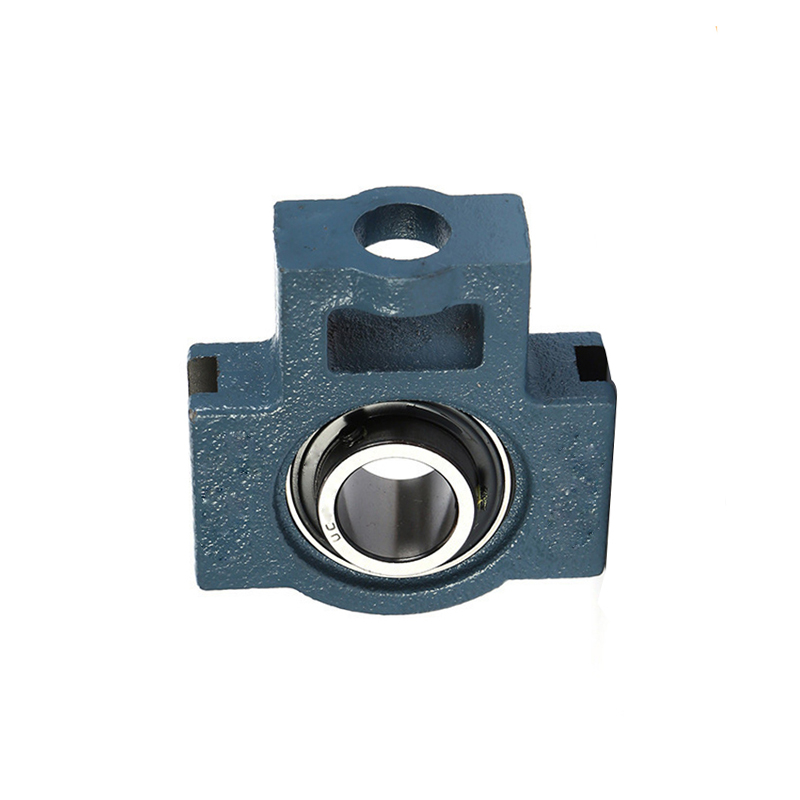Oct . 22, 2024 05:50 Back to list
High-Quality Deep Groove Ball Bearings for Wholesale Supply and Material Options
Understanding Wholesale Deep Groove Ball Bearing Material
Deep groove ball bearings are one of the most commonly used types of bearings in machinery and equipment across various industries. Their design incorporates an outer raceway, a deep inner raceway, and the balls themselves, which enable them to accommodate radial and axial loads. For manufacturers and distributors who are in the wholesale business, understanding the materials used in deep groove ball bearings is essential for ensuring quality, durability, and performance.
Key Materials Used in Deep Groove Ball Bearings
1. Bearing Steel The most common material for deep groove ball bearings is bearing steel, typically a high-carbon chromium steel (such as SAE 52100). This type of steel is renowned for its high resistance to wear and the ability to endure heavy loads. Its properties include high hardness, excellent fatigue strength, and good corrosion resistance when properly treated. These characteristics make it the preferred choice for high-performance applications.
2. Stainless Steel For applications that require resistance to corrosion, stainless steel ball bearings are an excellent choice. Stainless steel bearings are ideal for environments exposed to moisture or corrosive substances. They maintain durability while offering resistance to rust and oxidation, making them suitable for food processing, pharmaceuticals, and marine applications. Wholesale suppliers should offer both standard and high-performance stainless steel bearings to cater to varying industry needs.
3. Plastic In specific applications where weight reduction and resistance to corrosion are critical, plastic deep groove ball bearings can be utilized. Typically made from engineering plastics like Polyoxymethylene (POM) or Polyamide (PA), these bearings are lightweight, resistant to chemicals, and can operate within a wide temperature range. Although not suitable for heavy-load applications, they have endeavors in areas like medical devices and consumer electronics.
4. Ceramic Ceramic materials are increasingly being used in deep groove ball bearings, especially in high-speed or high-temperature applications. Ceramic bearings are known for their low density, high hardness, and excellent corrosion resistance. They generate less friction compared to steel bearings, which minimizes heat generation and enhances performance. While ceramic bearings are more costly, they provide long service life and are ideal for aerospace and specialized industrial uses.
The Importance of Material Selection
wholesale deep groove ball bearing material

The material used in the construction of deep groove ball bearings directly impacts their performance, durability, and application suitability
. Therefore, it is crucial for wholesalers to consider the following factors when sourcing these components- Load Rating Depending on the application, different materials offer varying load capacities. Steel bearings tend to handle heavier loads, while ceramic and plastic variants are suitable for lighter loads.
- Environmental Conditions Identifying the environmental exposure of the bearings—such as humidity, corrosive substances, or extreme temperatures—is essential for selecting the appropriate material. For example, stainless steel is preferred in wet environments, while ceramic can withstand extreme conditions.
- Operational Speed The speed at which the bearing will operate influences material choice. High-speed applications benefit from ceramic materials due to their lower friction properties.
- Cost Considerations As a wholesaler, understanding the cost implications of different materials is vital. While high-performance materials like ceramic can be more expensive, they may offer long-term savings through reduced maintenance and replacement costs.
Conclusion
In conclusion, the material selection for wholesale deep groove ball bearings plays a crucial role in their overall performance and application suitability. Bearing steel remains the most prevalent choice, but stainless steel, plastic, and ceramic alternatives offer specific advantages that cater to niche applications. Wholesalers should maintain a diverse inventory that includes various materials to meet the needs of different industries and applications. By understanding the strengths and limitations of each material, wholesalers can better serve their customers and ensure the success of their bearing solutions in the market.
Latest news
-
25MM 2 BOLT UCFLX05-14 Flange bearing unit( oval)
NewsMar.07,2025
-
4 bolt UCF 200 series Pillow block bearings
NewsMar.07,2025
-
25MM 2 BOLT UCFLX05-14 Flange bearing unit( oval)
NewsMar.07,2025
-
UCF216-50 4-Bolt Flange Housing Square Bearing
NewsMar.07,2025
-
25MM 2 BOLT UCFLX05-14 Flange bearing unit( oval)
NewsMar.07,2025
-
spherical roller bearing material exporter
NewsMar.07,2025





